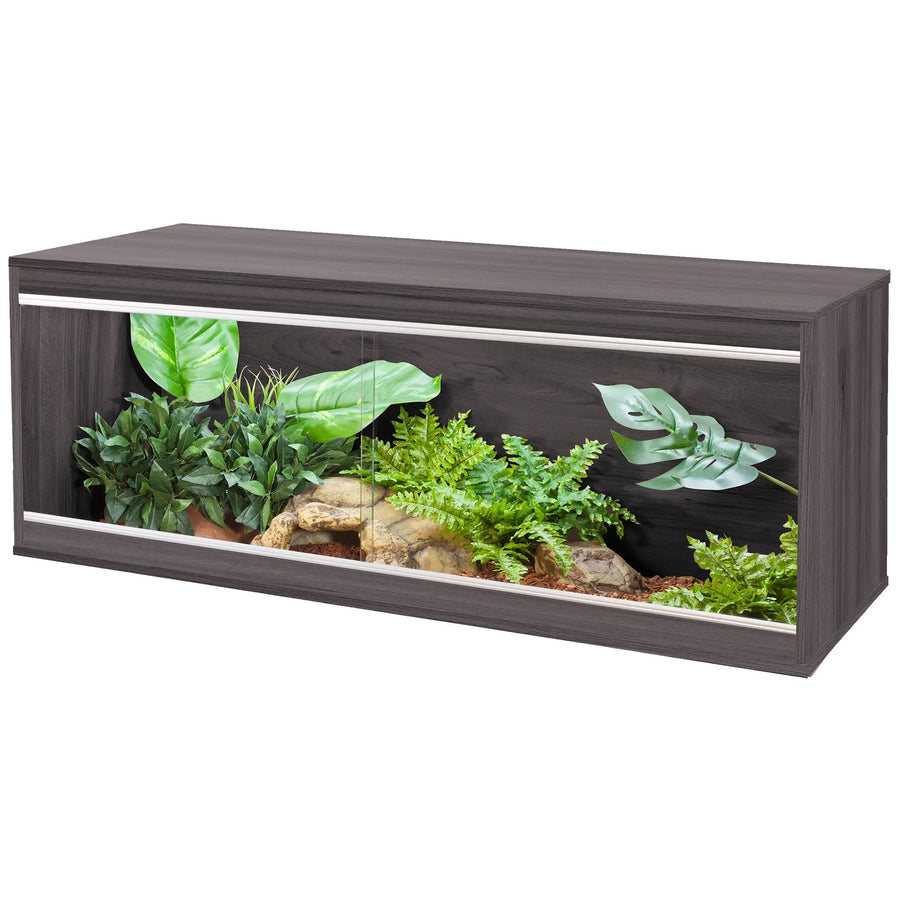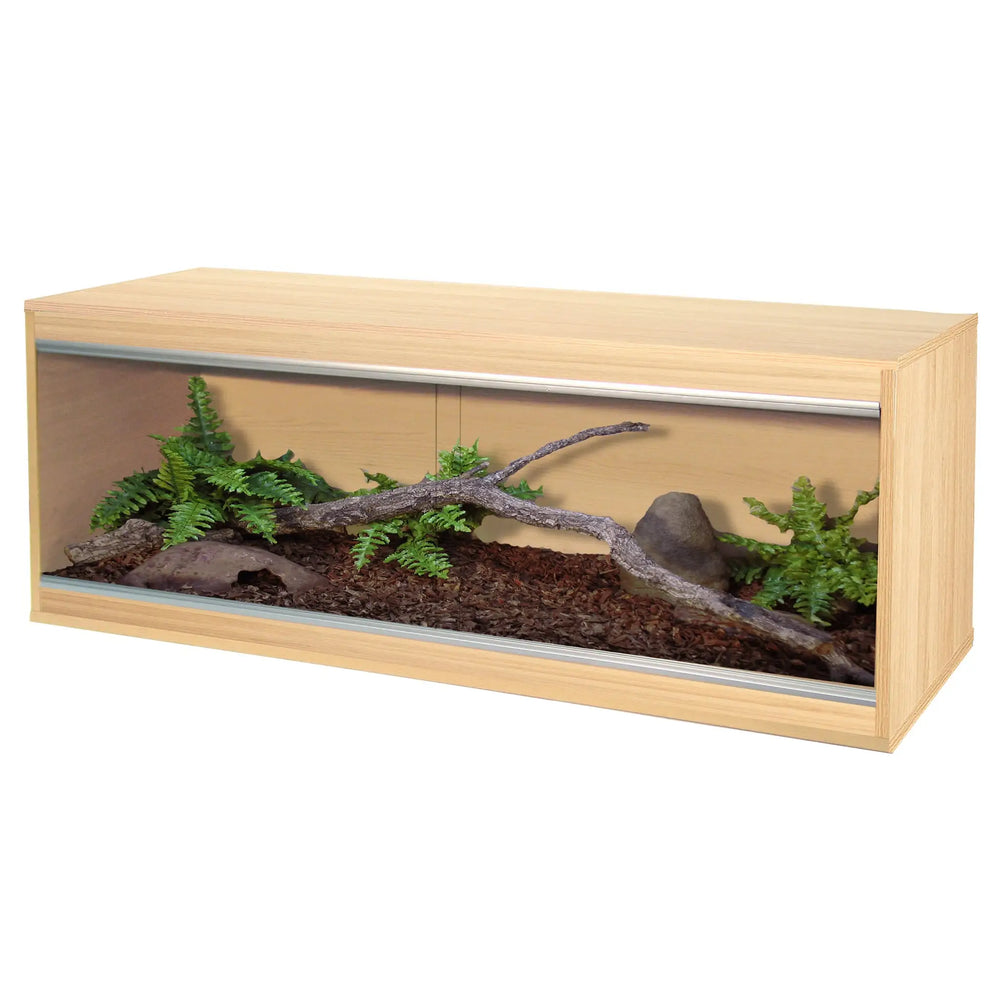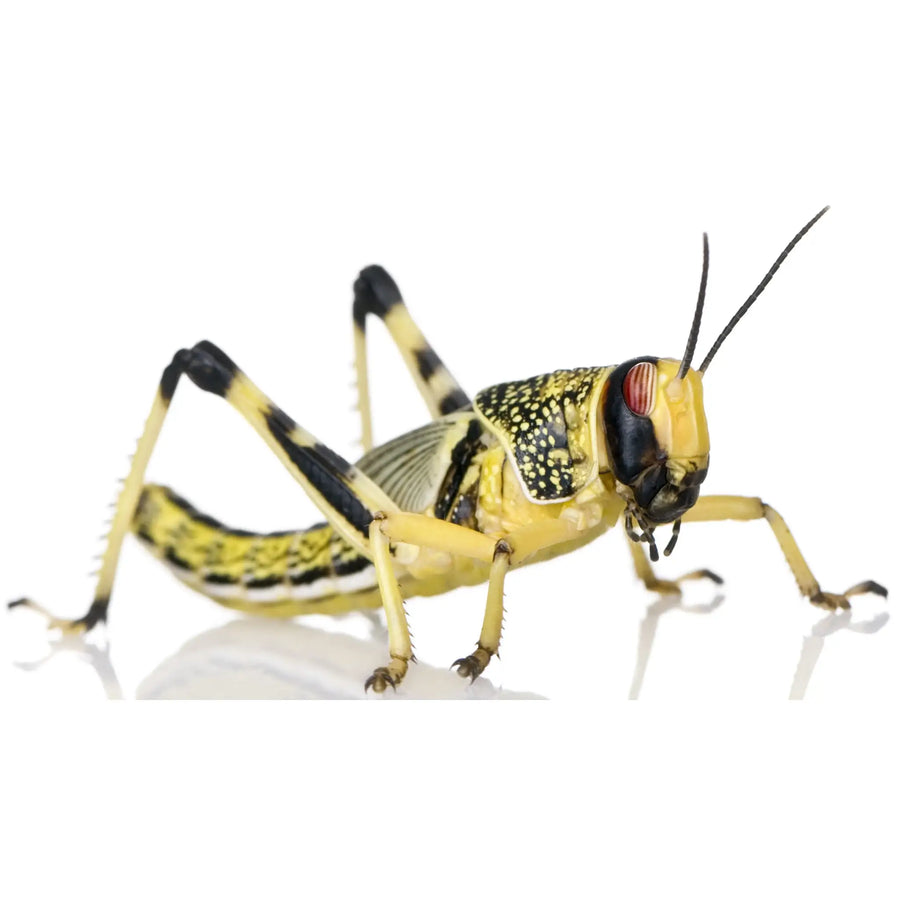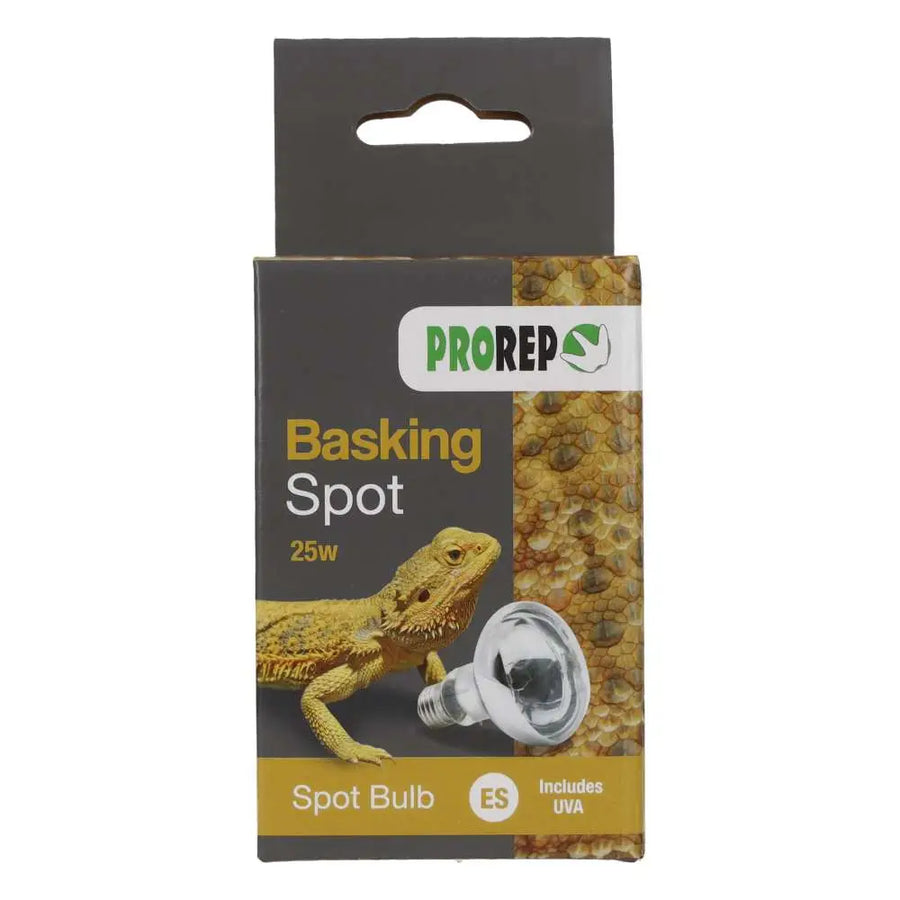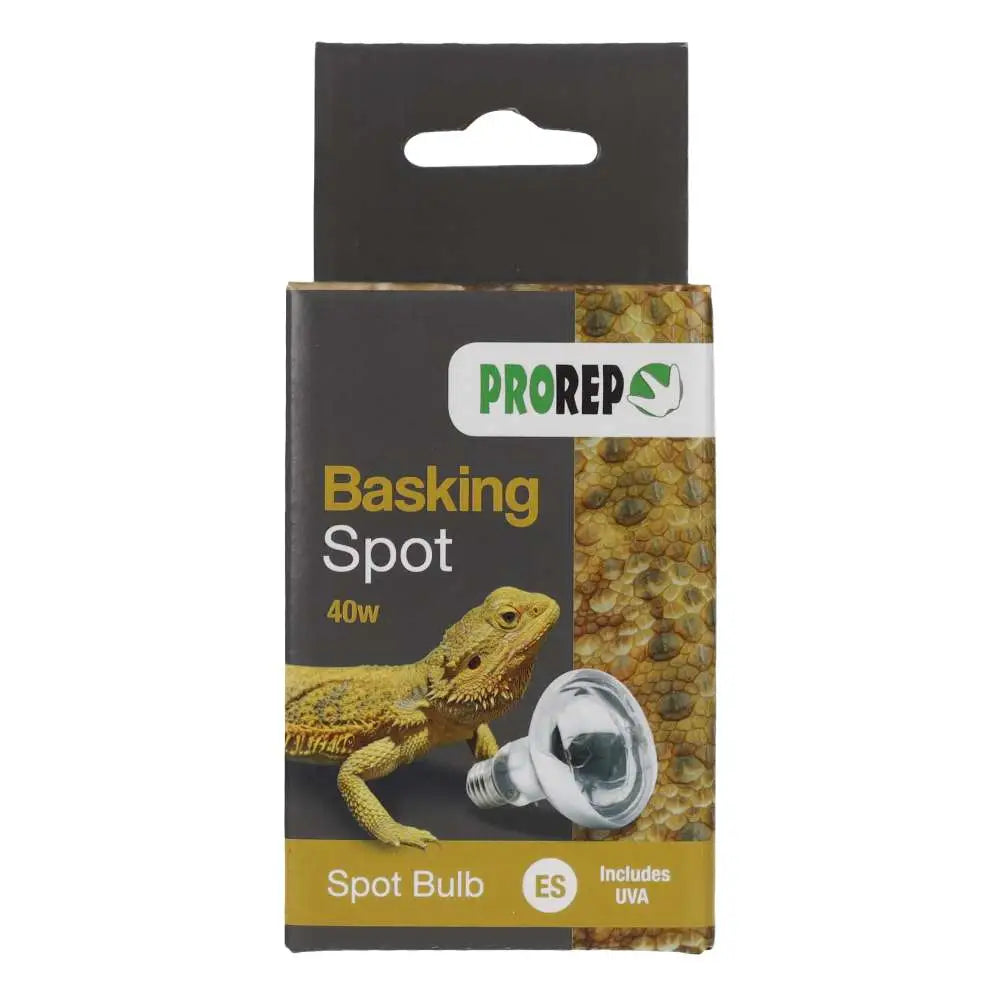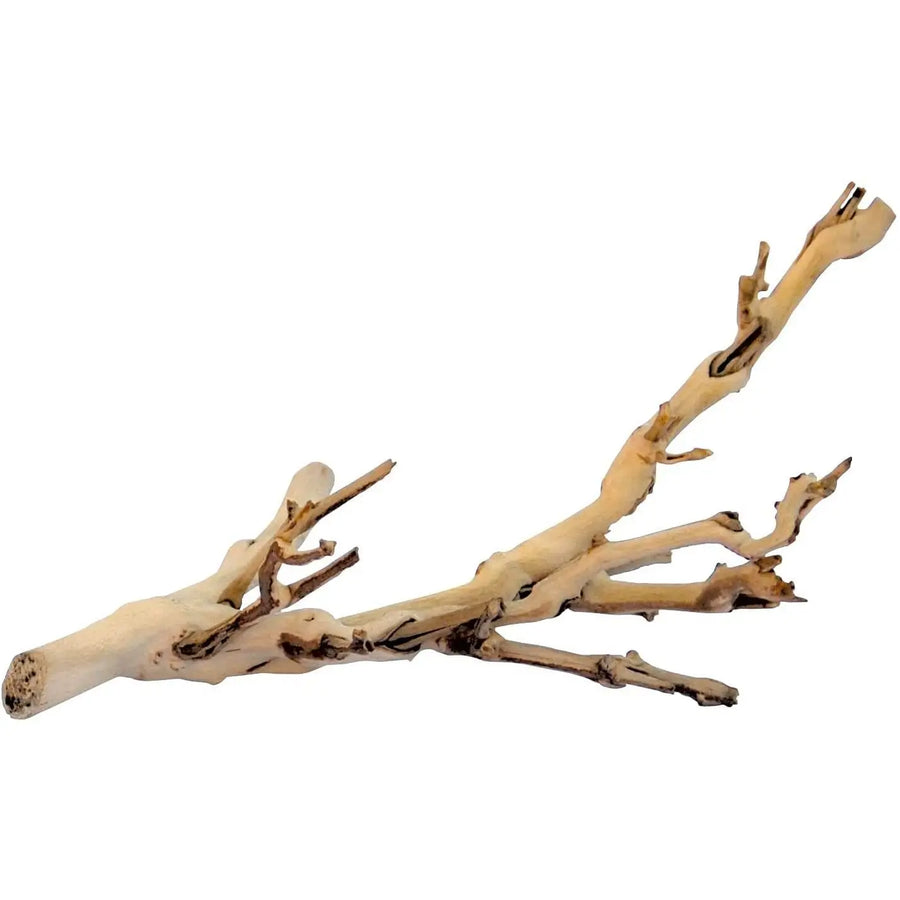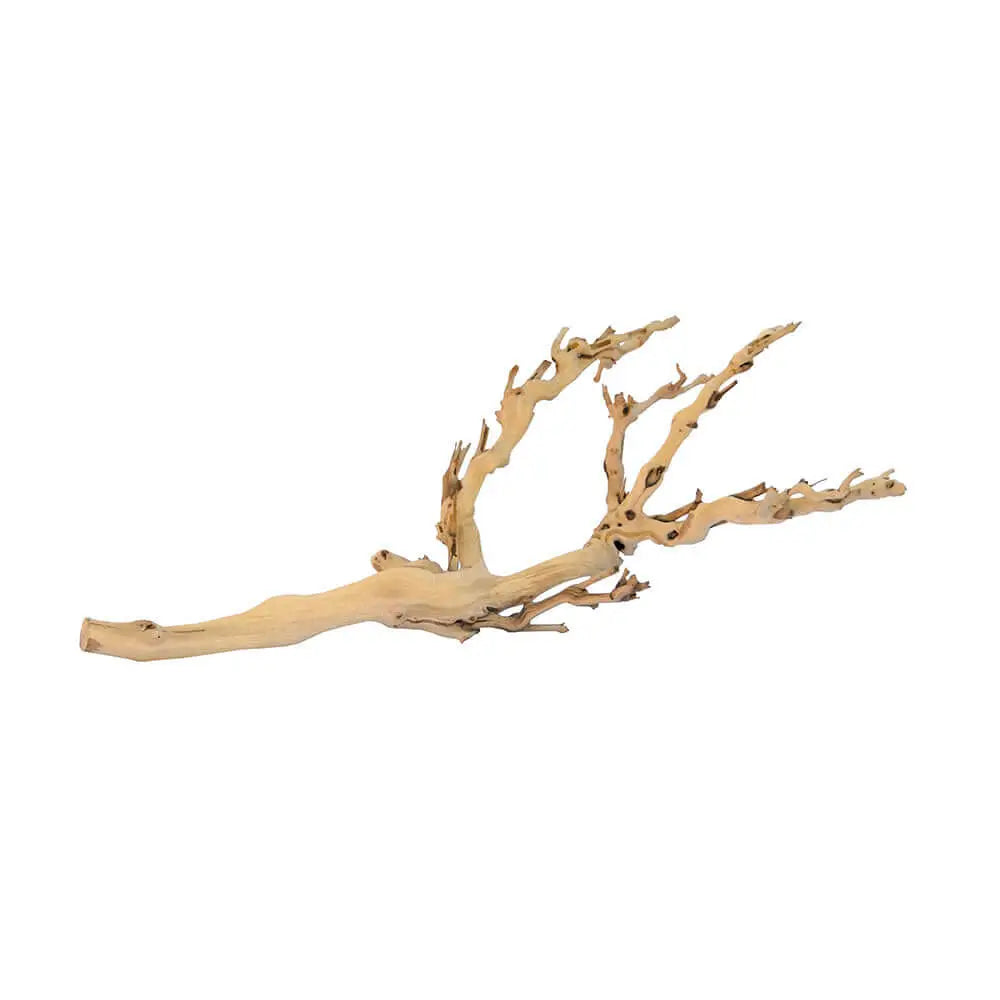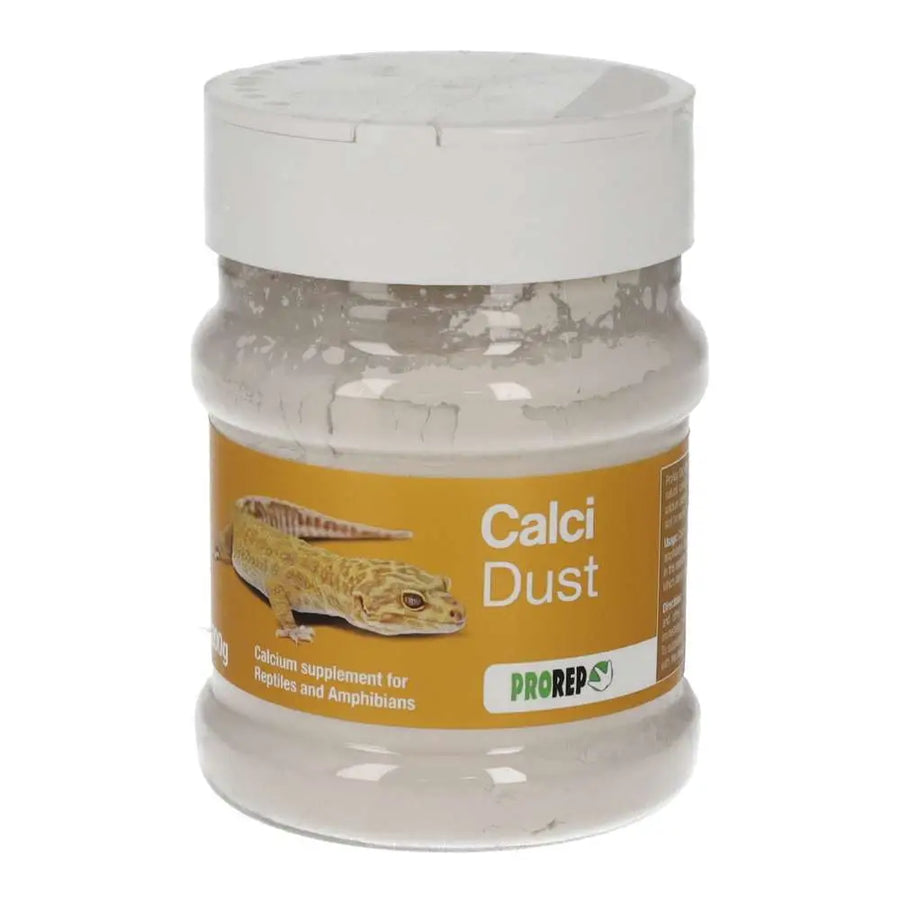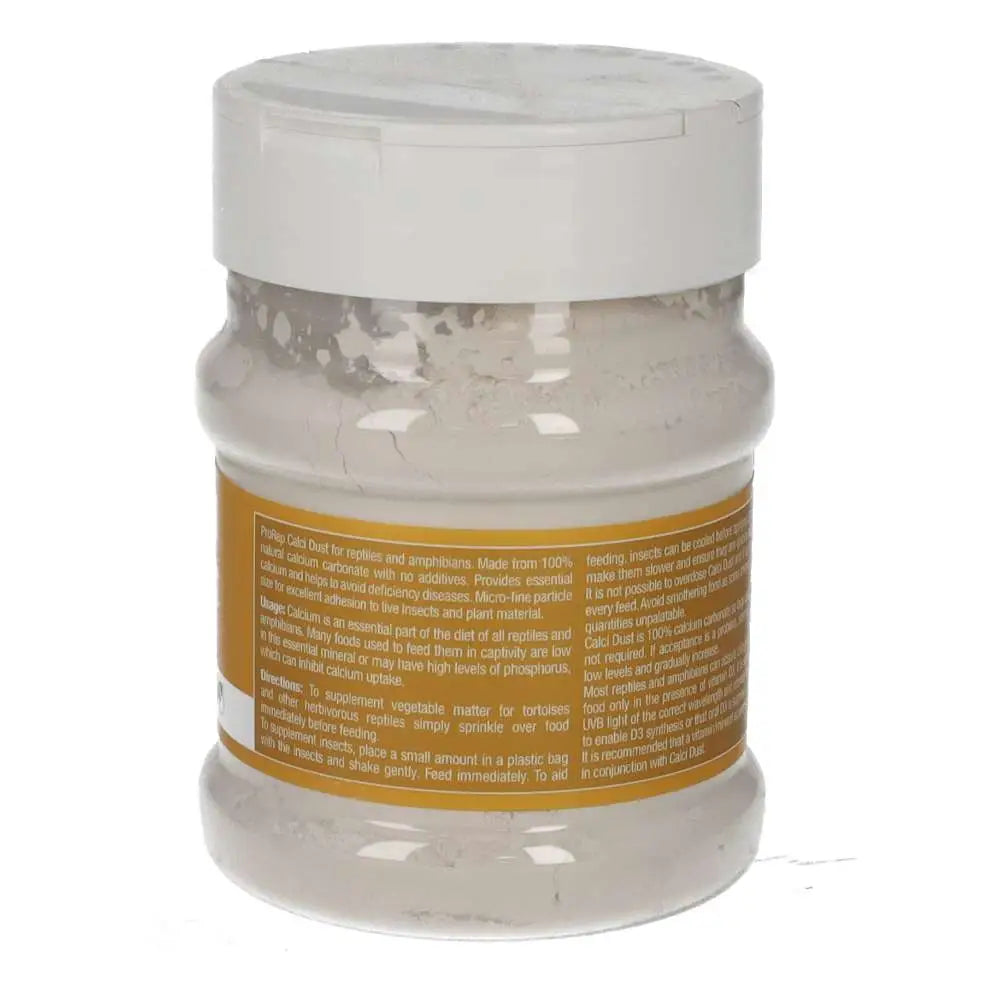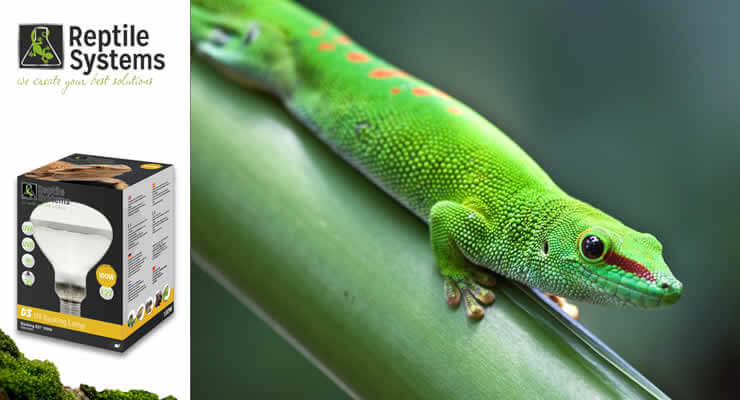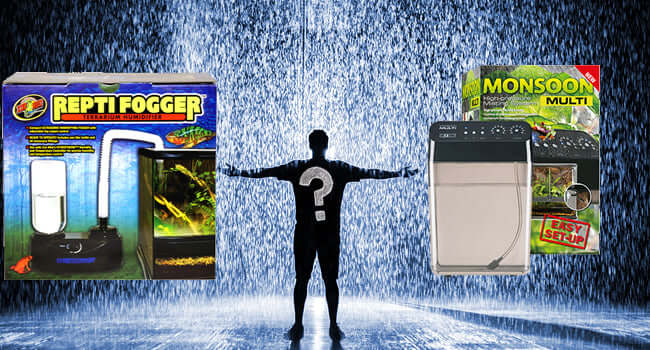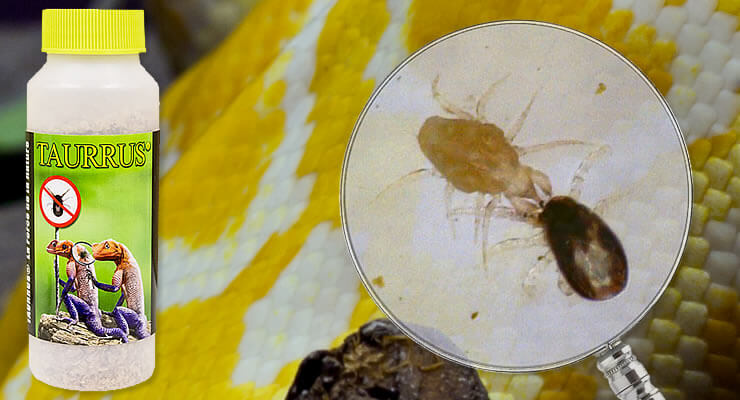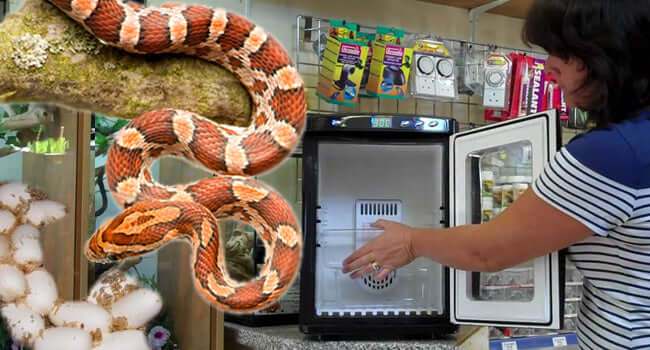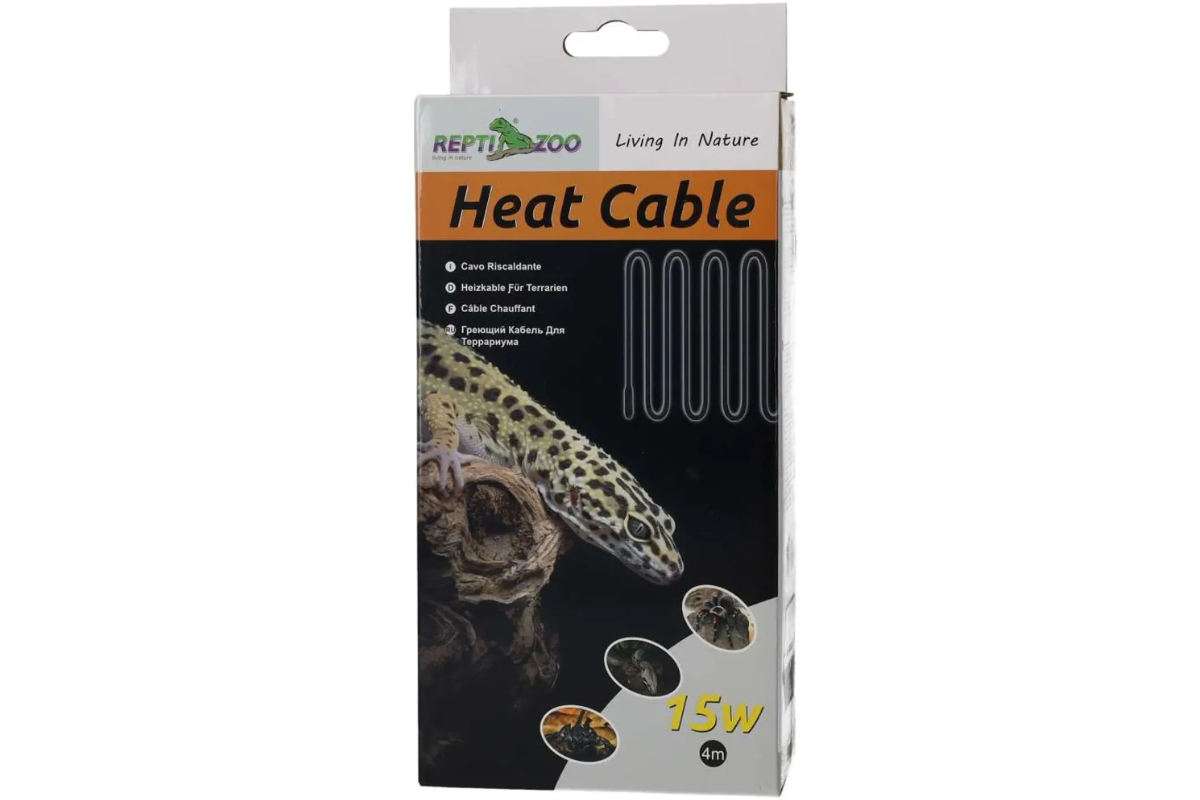
Heat Lamp Thermostat Guide: Which Thermostat Should You Buy?
One of the most frequent questions we are asked at the Northampton Reptile Centre is, "Which thermostat do you need?"
The answer to this question really relies on what kind of heating equipment you are currently using and what you are trying to achieve with the equipment. There are 3 main types of thermostat, including pulse proportional, dimming, and on/off.
Here is what each type of thermostat is best used for:
1. On/Off Thermostat

On/off thermostats are by far the simplest and cheapest thermostats currently available and are brilliant for use with some heating elements. They can be used for any device that won’t be damaged easily and doesn’t put out light.
These include Ceramic heat emitters, heat wires, heat mats and surface-warmed decorations like ‘heat caves‘. In our setups they see most use in corn snake and leopard gecko enclosures when used with a heat mat for nighttime heating.
Best for: Heat mats, ceramic heat emitters, heat cables, and non-light-emitting devices.
Pros:
- Cost-effective and easy to use.
- Suitable for devices that don't emit light.
Cons:
- Aren’t very quick to correct temperature, so it could fluctuate by a couple of degrees from the desired temperature.
- Usually low tolerance, so will be limited to 100w or 300w heaters.
2. Pulse Proportional Thermostat
Pulse proportional thermostats are a little more sophisticated, as they send packets of energy and will do this more or less frequently depending on whether the enclosure needs to be warmer or cooler.
This should mean that your heating element should react quicker to the environment and your temperatures shouldn’t change much. This is perfect for any heating element that doesn’t put out light and would be perfect for use with a ceramic heater, heat mat, surface-warmed decorations, or heat wire.
In the store we tend to use them with our ceramic heaters and will include them for nighttime heating for reptiles or as the sole heat source for heavy-bodied snakes like pythons or boas.
Best for: Ceramic heaters, heat mats, and reptile enclosures requiring stable temperatures.
Pros:
- Provides stable and accurate temperature control.
- Reduces temperature fluctuations.
Cons:
- Not suitable for light-emitting heat sources.
- Typically more expensive than On/Off thermostats.
3. Dimming Thermostat

Dimming thermostats are similar to a pulse, but instead of sending packets of energy, it will simply reduce the amount of energy being sent. By doing this, it can reduce the temperature of your heating element and control the temperature in your enclosure.
As the thermostat is not flicking on and off or sending packets of energy, it is putting less strain on fragile filaments, making it perfect for use with basking lights. Though the dimming thermostat can also be used with heat mats or ceramic heaters, it won’t be quite as effective as a pulse thermostat, so we would only really use this for a basking lamp.
In our store we tend to use them for our tortoise and chameleon enclosures to keep the basking area at the perfect temperature.
Best for: Basking bulbs and other light-emitting heat sources.
Pros:
- Ideal for controlling basking lights without causing bulb damage.
- Provides smooth temperature regulation.
Cons:
- Generally more expensive.
- Not recommended for non-light-emitting devices.
Choosing the Right Thermostat
When selecting a thermostat, consider the type of heating device you're using:
- For heat mats and ceramic heaters: On/Off or pulse proportional thermostats are suitable.
- For basking bulbs and other light-emitting devices: Dimming thermostats are recommended to prevent bulb damage and ensure consistent temperatures.
Always ensure the thermostat's wattage rating matches or exceeds your heating device's requirements.
Final Thoughts: The Right Heat Lamp Thermostat Makes All the Difference
Choosing the right heat lamp thermostat and heating equipment isn’t just about gadgets - it’s about creating a safe, stable habitat your reptile can thrive in. Whether you're housing a night-dwelling gecko or a sun-loving tortoise, the right reptile thermostat ensures their comfort 24/7.
We hope this helps anyone who might be confused about how these thermostats differ or which would be best for your purpose. If you are still not sure, you can always email us at sales@reptilecentre.com or call us on 01604753823.


